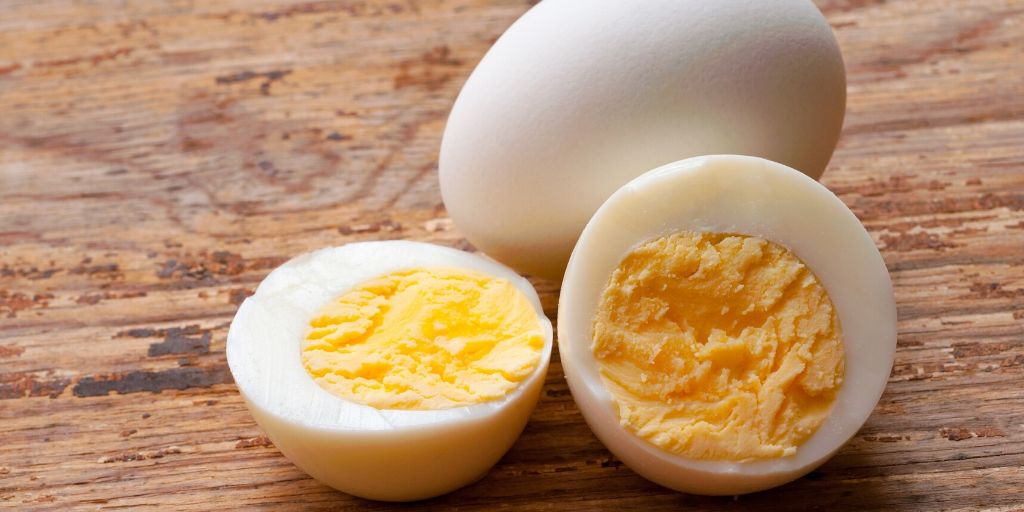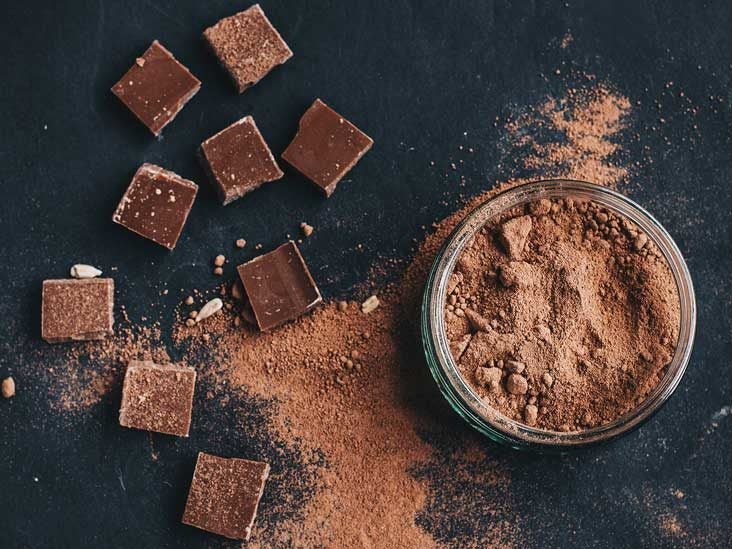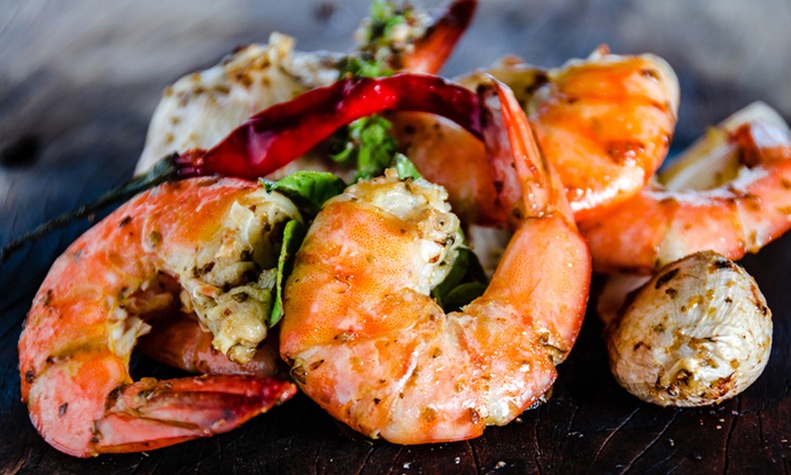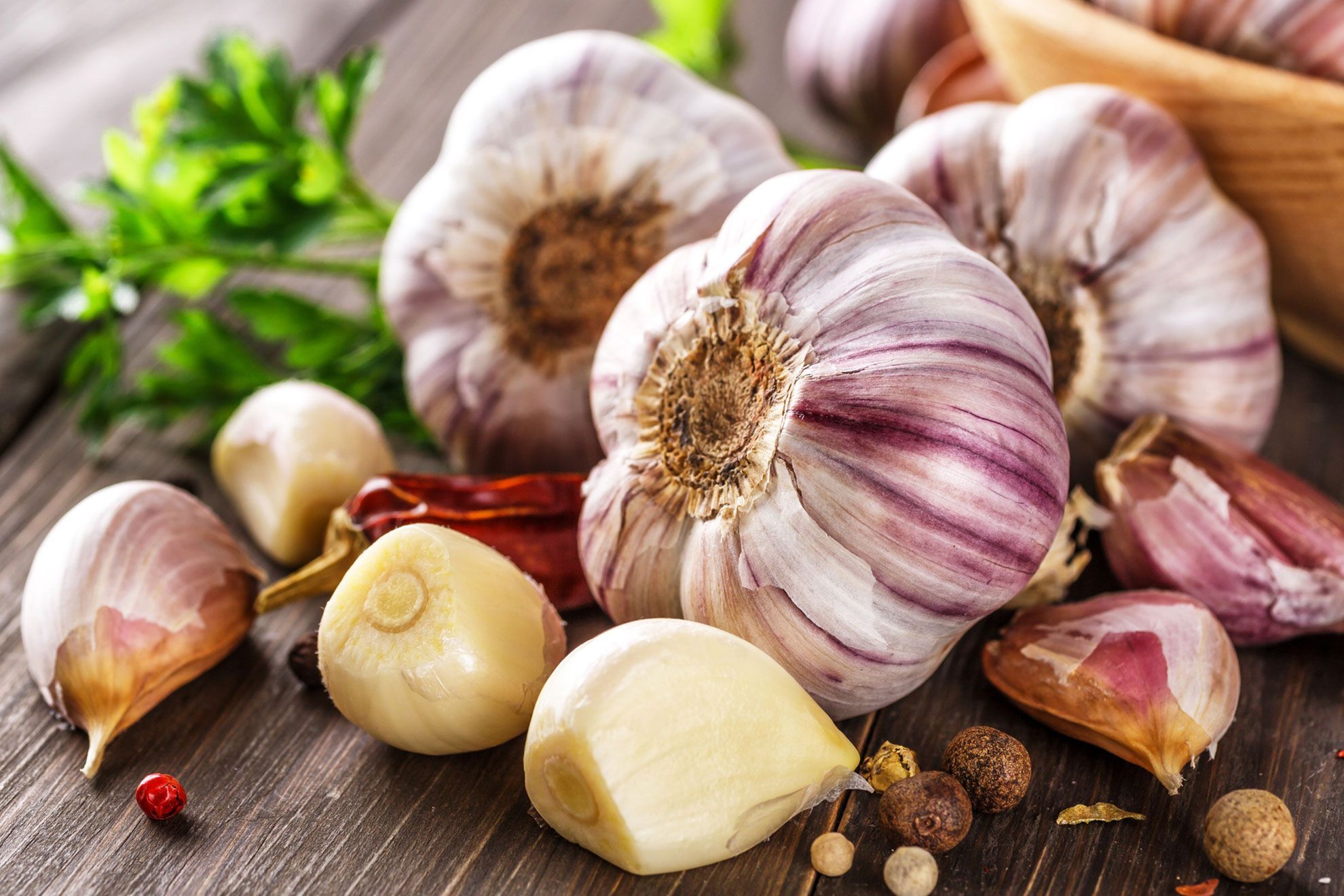Nutrient-dense foods are the most cost-effective when you only have one plate to fill. Knowledge of the highest value foods can benefit in meal planning and the implementation of nutrition plans. Learn about the foods that made the cut. There’s a daily quota that must be adhered to when it comes to food intake.
If you want to get the most out of your calorie intake, it makes sense to prioritise foods that provide the greatest quantity and variety of nutrients.
Here are the top 9 foods in terms of nutrient content.
1. Seaweed
Sea life is not limited to fish. A great deal of plant life can be found there as well.
- Many marine plant species are edible and plentiful in the ocean. They are often referred to collectively as “seaweed.”
- Seaweed is an integral part of the sushi recipe. Nori, a specific type of seaweed, is used in many sushi preparations as an edible wrapper.
- When compared to land vegetables, seaweed often provides more nutrients. It has high concentrations of several important minerals, including calcium, iron, magnesium, and manganese.
- In addition, it is rich in beneficial compounds like phycocyanins and carotenoids. Some of these chemicals are also powerful antioxidants, and some of them can also reduce inflammation.
- Yet the iodine in seaweed, which is essential for making thyroid hormones, is what makes it so special.
- A few servings of kelp or another high-iodine seaweed once or twice a month can provide all the iodine your body requires.
- If you don’t care for the flavour of seaweed, you can always take it as a supplement. Dried kelp tablets, which are abundant in iodine, are quite cheap.
2. Egg yolks
Egg yolks have been unfairly stigmatised due to their high cholesterol content.
- Research, however, suggests that dietary cholesterol isn’t typically cause for alarm.
- Consuming modest amounts of cholesterol does not raise blood levels of LDL (bad) cholesterol.
- This means that egg yolks are extremely nutritious. Since they contain so many essential nutrients, whole eggs have been dubbed “nature’s multivitamin.”
- Egg yolks are packed with nutrients like vitamins and minerals, as well as other powerful chemicals like choline.
- They contain significant amounts of the antioxidants lutein and zeaxanthin, which can help prevent eye diseases including macular degeneration and cataracts.
- A fantastic source of protein and good fats is eggs. They have been linked in some research to weight loss benefits.
- They are a bargain, delicious, and easy to prepare.
- Try to find eggs that have been pasture-raised or given an omega-3 supplement. When compared to the vast majority of store-bought eggs, these are a much better choice.
3. Dark chocolate (cocoa)
Dark chocolate with a high cocoa content is one of the healthiest options out there.
- There is a high concentration of iron, magnesium, copper, manganese, and fibre in it.
- Yet, its greatest strength lies in the wide variety of antioxidants it contains.
- Cocoa and dark chocolate scored higher in antioxidants than other foods tested, including blueberries and acai berries.
- Several human studies show that dark chocolate has significant health benefits, including improved circulation, lower blood pressure, lower levels of oxidised LDL cholesterol, and higher cognitive function.
- One study found that people who eat chocolate more than five times per week reduced their risk of cardiovascular disease by 57%.
- Since cardiovascular disease is the biggest cause of death worldwide, this discovery may have an impact on millions of people.
- Dark chocolate should have at least 70% cocoa, so keep that in mind when shopping. A minimum cocoa content of 85% is required for consideration.
- A daily square of high-quality dark chocolate may be one of the best ways to boost your antioxidant intake.
4. Salmon
The same can’t be said for fish.
- Salmon and other fatty fish are particularly rich in the omega-3 fatty acid EPA and DHA.
- For optimal health, your body requires omega-3 fatty acids. They improve health and lower the risk of several serious diseases.
- Salmon is highly prized for its high-quality fatty acid content, but it also packs a huge nutritional punch because to its abundance of other beneficial compounds.
- High-quality protein (100 grammes), omega-3 fatty acids (2.2 grammes), and a wide variety of vitamins and minerals (including large amounts of magnesium, potassium, selenium, and B vitamins) can all be found in wild Atlantic salmon.
- Fatty fish should be eaten at least once or twice weekly to provide the recommended amount of omega-3s for the body.
- Studies have shown that those who regularly consume fatty fish had a lower chance of acquiring cardiovascular disease, dementia, depression, and a number of other common mental health problems.
- Fish is delicious and simple to cook. In addition, it helps you feel full on very few calories.
- Wild salmon is preferable to farmed salmon if you have the option. It’s more nutrient-dense, has a superior omega-6 to omega-3 ratio, and is less likely to be tainted.
5. Kale
The king of the leafy greens is kale.
- Antioxidants, fibre, vitamins, minerals, and several bioactive compounds are abundant in it.
- Kale has significant amounts of vitamins C, A, and K1. Significant quantities of potassium, calcium, magnesium, copper, manganese, vitamin B6, and other minerals are also found. In one cup, there are only 9 calories.
- Kale might be far healthier than spinach. They both have a lot of nutrients, but kale has less oxalates, which can bind to minerals like calcium in the intestine and prevent their absorption.
- Kale and other green vegetables are also rich in additional bioactive compounds, such as isothiocyanates and indole-3-carbinol, which have been shown to prevent the growth of cancer cells in test-tube and animal trials.
6. Seafood
Shellfish may be the marine species that contains the most nutrients overall.
- The most popular types of shellfish are mussels, clams, oysters, and scallops.
- One of the best vitamin B12 sources now on the market, clams contain more than 16 times the RDI in just 100 grammes. Iron, potassium, selenium, vitamin C, and a variety of B vitamins are also abundant in them.
- Oysters are also highly nourishing. A considerable amount of vitamin B12, vitamin D, and other minerals are present in only 100 grammes, along with 600% of the RDI for zinc, 200% of the RDI for copper, and other nutrients in significant amounts.
- Although though shellfish is one of the most nutrient-dense foods on earth, most people rarely eat it.
7. Blueberries
Regarding their nutrient value, blueberries stand out among fruits.
- While not having as many vitamins and minerals per calorie as veggies, they contain a lot of antioxidants.
- Several strong antioxidants found in strawberries, including anthocyanins and other plant compounds, can cross the blood-brain barrier to protect the brain.
- Several research have looked into the health benefits of blueberries for people.
- According to one study, blueberries improve memory in elderly people.
- In another study, obese men and women with metabolic syndrome who ate more blueberries had lower blood pressure and markers of oxidised LDL (bad) cholesterol.
- This outcome is in line with studies showing that consuming blueberries increases the quantity of antioxidants in your blood.
- Many studies conducted both on animals and in test tubes suggest that blueberries may be able to fight cancer.
8. Garlic
Garlic is a great ingredient, that much is certain.
- It is highly nourishing and can transform any bland cuisine into something delicious.
- Vitamin C, vitamin B1, and vitamin B6 are present in large levels, as well as calcium, potassium, copper, and manganese.
- Garlic contains large amounts of allicin and other beneficial sulphur compounds.
- Several studies suggest that allicin and garlic may lower blood pressure as well as total and LDL (bad) cholesterol. Furthermore, it aids in raising HDL (good) cholesterol, which may ultimately reduce the risk of developing heart disease.
- Moreover, garlic has a variety of anti-cancer properties. Many common malignancies, including colon and stomach cancers, may be significantly less likely to occur in people who ingest a lot of garlic, according to some earlier study.
- Raw garlic also has significant antifungal and antibacterial properties.
9. Potatoes
Potassium, magnesium, iron, copper, and manganese are all found in potatoes. Vitamin C and most of the B vitamins are also in it.
- Almost every vitamin you need is in them in small amounts. There are tales of people surviving entirely on potatoes for long periods of time.
- Potatoes are among the most filling foods. When scientists looked at the satiety values of several foods, boiling potatoes performed better than any other food.
- If you allow potatoes to cool after cooking, they will also generate resistant starch, a substance that resembles fibre and has multiple powerful health benefits.
Conclusion:
If you want to absorb a lot of nutrients without ingesting a lot of calories, the most obvious way is to take dietary supplements.
Hence, supplements cannot really take the place of a balanced diet. A better way to make sure you get all the nutrients you need is to pack your meals with nutrient-dense foods.
High-nutrient foods are high in nutrients relative to their calorie content. They consist of a wide range of healthy ingredients like chocolate, seafood, eggs, fresh fruits and vegetables, and liver. Start incorporating the aforementioned foods into your diet right immediately to reap their benefits.
















